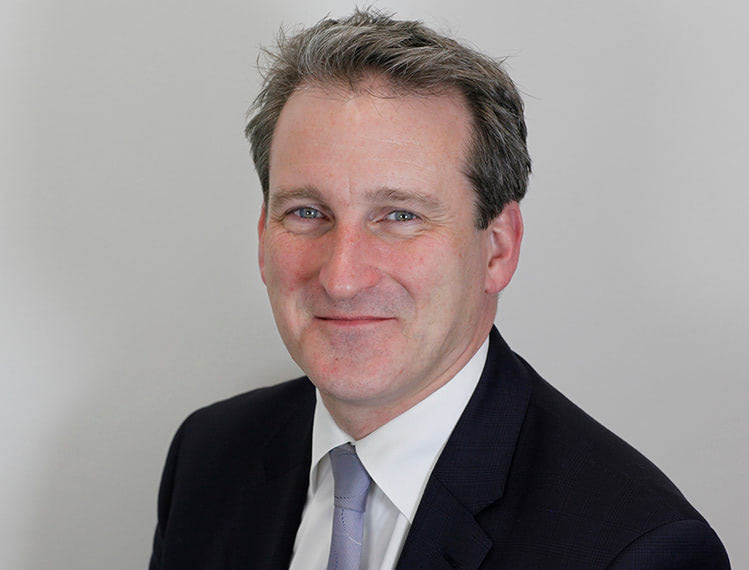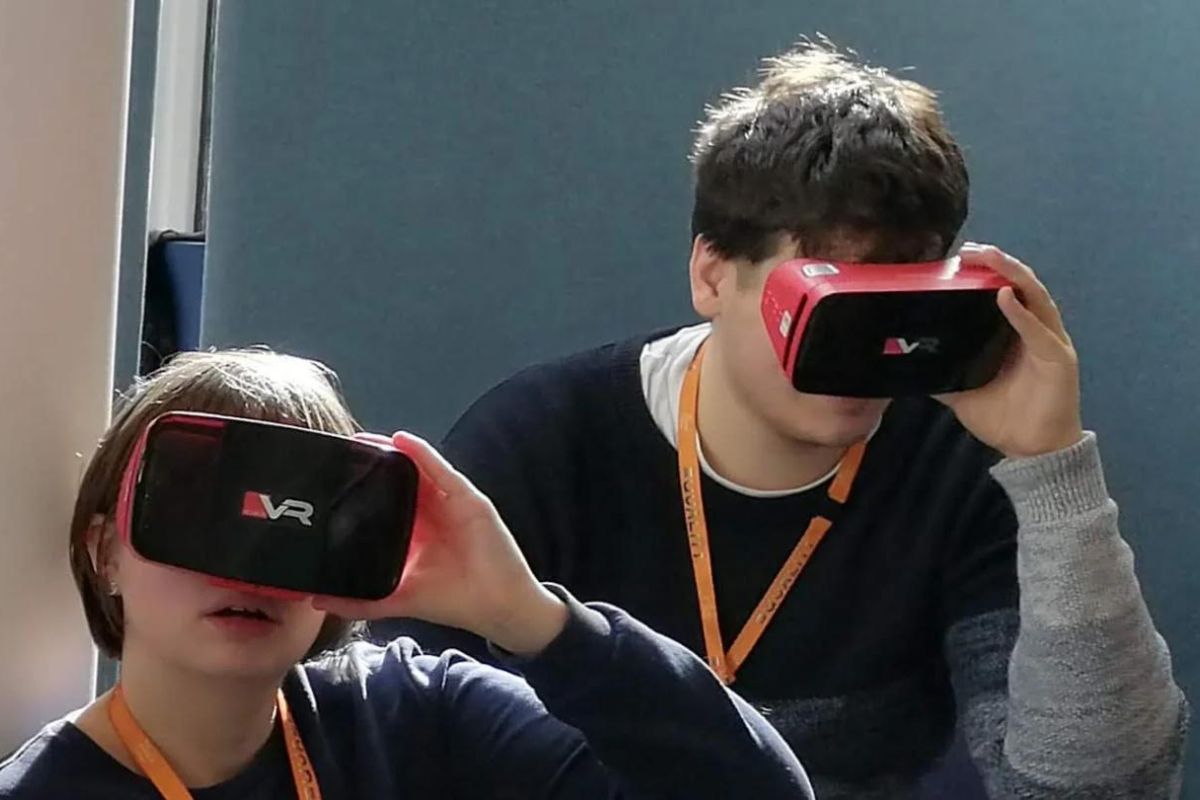Tech giants have a moral responsibility to their young users and it is time they step up

EDUCATION SECRETARY TO CALL OUT TECH GIANTS: ‘CHILDREN ARE CHILDREN – PROTECT THEM ONLINE UNTIL AGE 18’
In a speech at the NSPCC Conference today (26 June) Damian Hinds will say tech companies have a moral duty of care to put child protection at the front and centre of online platforms and services. He will say “children are children and should always be protected as such”.
Whilst recognising the distinct role of the age of digital consent, in relation to the storing of data, set at 13 in the UK, the Secretary of State will reject the assertion from some technology companies that children can be treated as adults online once they reach age 13.
He will make a clear distinction between the so-called digital age of consent under GDPR – which enables social media companies to store the data of 13 year olds (without parental consent) – and protecting a child from harm or inappropriate content online.
The NSPCC has found that 50 per cent of 12 year olds have said they have a social media account despite the minimum age for access to most social media being set at 13.
Education Secretary Damian Hinds will say:
“Growing up has always been hard, but there are pressures these days on a completely different scale from even on generation ago. And it’s not just about social media pressures. The internet changes just about everything. Though it brings new opportunities, it also brings dangers and risks to young people’s health and well-being.
“We need better online protections – including making it more difficult for children to access online harm and improved parental controls – for any service or platform that children are accessing, not just those which are targeted at children.
“I have seen some online companies arguing that children should be treated as adults online once they pass the age of 13. To them I say this: children are children – this is as true in the online world as the real one. You have a responsibility to your young users and it is time for you to step up to make sure they are protected from online harms and upsetting content until they reach adulthood.”
Alongside the speech, the Department for Education will publish new guidance for schools about online safety and how they can teach pupils to stay safe online. This guidance will complement the new relationships education curriculum, as well as other subjects like citizenship and computing. It will help schools teach children about understanding the fundamentals of the technology and the internet and provide children with the skills and knowledge to make the best use of the internet and technology in a safe, considered and respectful way.
From 2020, the Government is making health education – including mental health education – universally compulsory, alongside introducing compulsory relationships education for primary age and relationships and sex education at secondary age. This will mean every child will learn about internet safety and harms alongside the importance of mental wellbeing.
At the speech, the Secretary of State will welcome the important progress being made via the Information Commissioners Office consultation on age appropriate design and the recently published Online Harms White Paper.












Responses